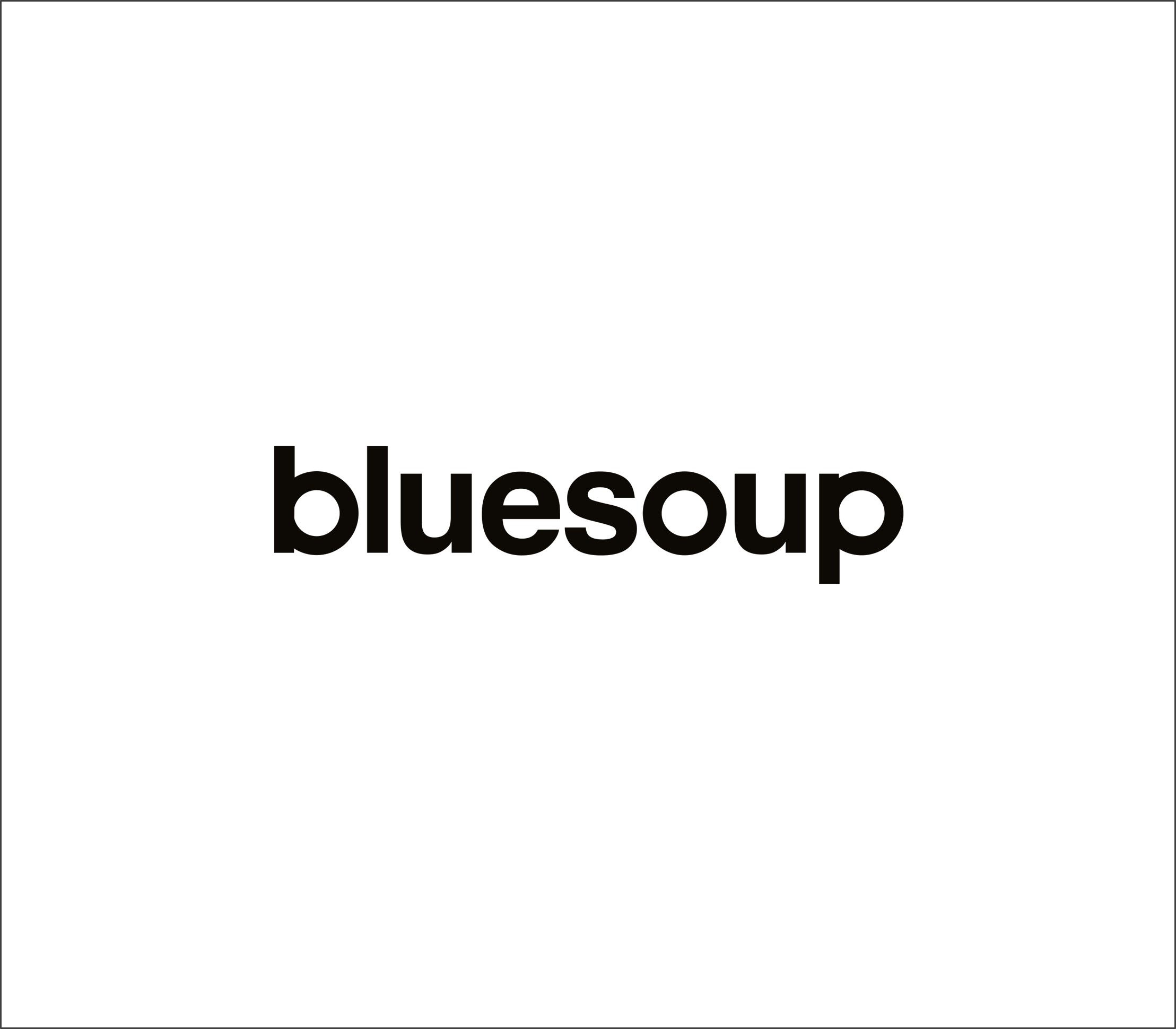

Bluesoup Communications

Devon, United Kingdom
May 2024
Advertising & market research
Service with Minor Environmental Footprint
United Kingdom
Bluesoup is a fiercely independent full service advertising/design agency based in glorious Devon but with clients across the whole of the UK. We plan & buy offline media, design everything from logos to brochures, from advertising campaigns to websites and anything in between. We buy and manage Paid Search (Adwords) activity, Digital Display Activity through GDN & Programmatics, paid social media campaigns and run successful search engine optimisation (SEO) strategies for clients Our most notable clients include The Eden Project, Lochs & Glens Holidays, Marjon University, South West Water, Journey Latin America & Lyme Bay Winery. Our key proposition is built on Experience & Expertise. We learned our trade at the biggest agencies on the biggest brands. We know how to do advertising we get better results for our clients. We are confident to think broadly about how to reach and engage target audiences and at the end of the day we are there to help our clients "sell more stuff" whatever that might be! We are transparent in our pricing and generally save clients between 9% and 15% on their media rates. We get results. We know our stuff. We are genuinely nice folk to work with and to do business with!
Overall B Impact Score
Governance 18.3
Governance evaluates a company's overall mission, engagement around its social/environmental impact, ethics, and transparency. This section also evaluates the ability of a company to protect their mission and formally consider stakeholders in decision making through their corporate structure (e.g. benefit corporation) or corporate governing documents.
What is this? A company with an Impact Business Model is intentionally designed to create a specific positive outcome for one of its stakeholders - such as workers, community, environment, or customers.
Workers 32.4
Workers evaluates a company’s contributions to its employees’ financial security, health & safety, wellness, career development, and engagement & satisfaction. In addition, this section recognizes business models designed to benefit workers, such as companies that are at least 40% owned by non-executive employees and those that have workforce development programs to support individuals with barriers to employment.
Community 21.2
Community evaluates a company’s engagement with and impact on the communities in which it operates, hires from, and sources from. Topics include diversity, equity & inclusion, economic impact, civic engagement, charitable giving, and supply chain management. In addition, this section recognizes business models that are designed to address specific community-oriented problems, such as poverty alleviation through fair trade sourcing or distribution via microenterprises, producer cooperative models, locally focused economic development, and formal charitable giving commitments.
Environment 9.6
Environment evaluates a company’s overall environmental management practices as well as its impact on the air, climate, water, land, and biodiversity. This includes the direct impact of a company’s operations and, when applicable its supply chain and distribution channels. This section also recognizes companies with environmentally innovative production processes and those that sell products or services that have a positive environmental impact. Some examples might include products and services that create renewable energy, reduce consumption or waste, conserve land or wildlife, provide less toxic alternatives to the market, or educate people about environmental problems.
Customers 2.0
Customers evaluates a company’s stewardship of its customers through the quality of its products and services, ethical marketing, data privacy and security, and feedback channels. In addition, this section recognizes products or services that are designed to address a particular social problem for or through its customers, such as health or educational products, arts & media products, serving underserved customers/clients, and services that improve the social impact of other businesses or organizations.